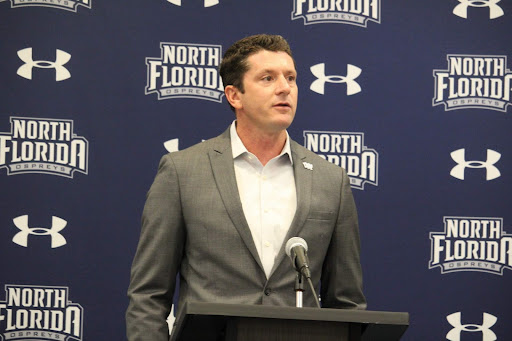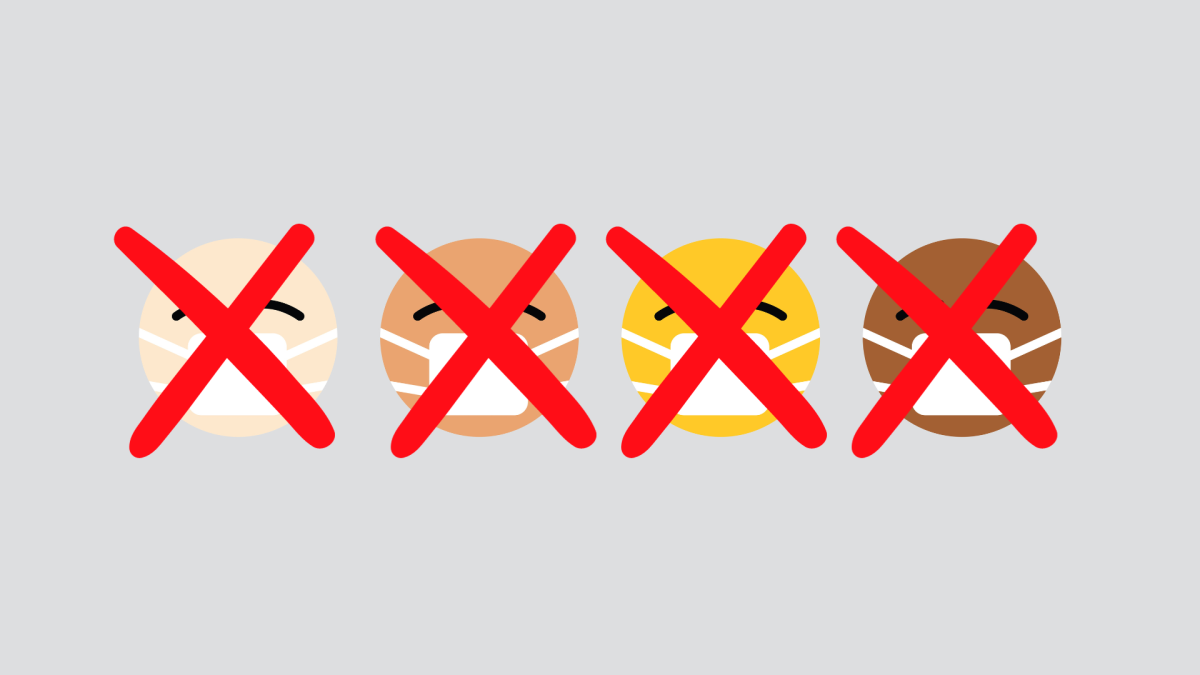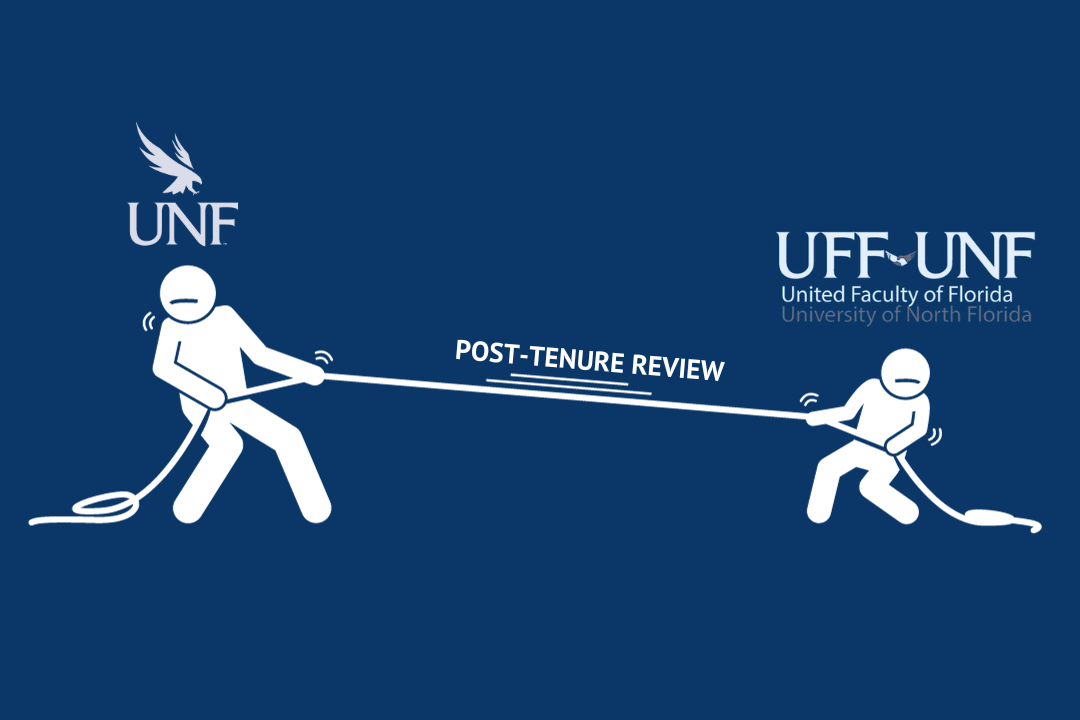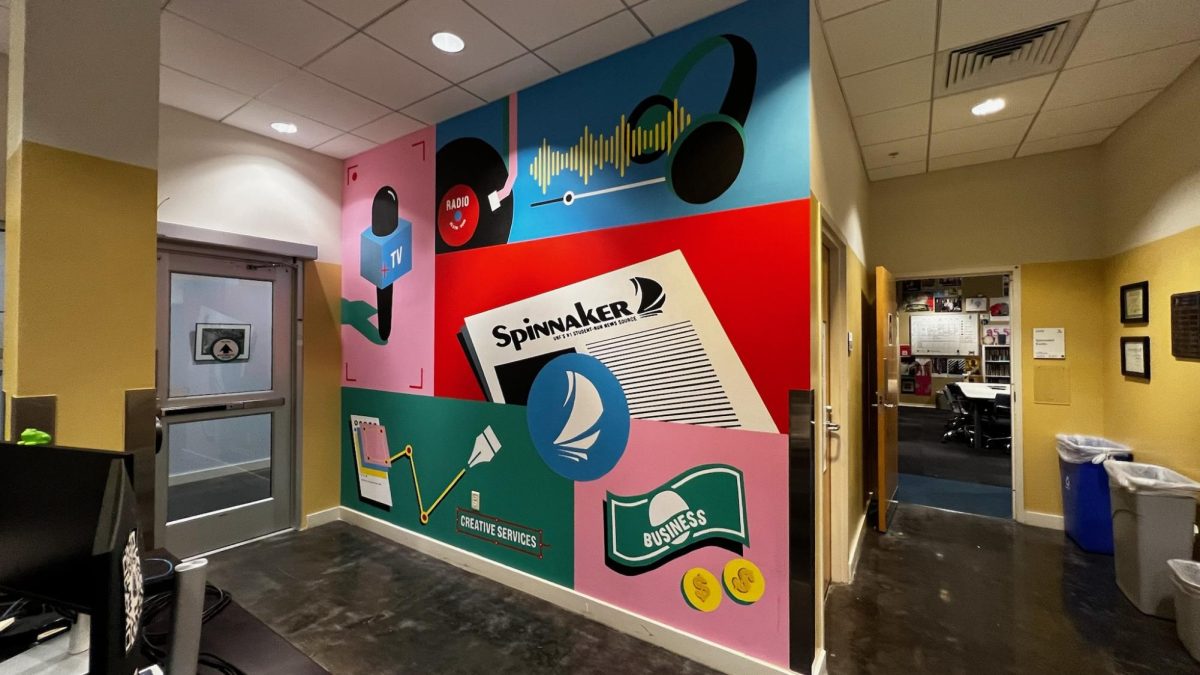
It’s not often I agree with something a panel of administrators decided on in a fancy conference room; however, I do agree with Florida’s college general education programs. They offer students a broad base of knowledge and the employable skills they need in college and in the future.
However, my problem with the panel of administrators begins when they decide to start adding additional mandatory courses designed to supplement the student experience, which is exactly what is happening at the University of Florida. In addition to the mandatory first-year course “What is the good life?” they’re planning to implement a core curriculum for freshmen to share in their first semester of college, according to an article in the Gainesville Sun.
To most students, this translates to another road block on their way to a college degree, and they’re not wrong. These extra courses take up the same amount of time and energy as your Intro to Biology class, without the same payoff of general education courses.
According to UNF’s website, the General Education Program focuses on teaching students to write effectively, think critically, reason and analyze quantitatively, understand and use the scientific method, and understand and appreciate cultural differences. These are all things that, in the past, students have graduated not knowing how to do. They’re vital basic skills that professors teaching major-level courses don’t have time to explain.
General education programs are important because the nation’s high school education system isn’t preparing students for college. Between 28 and 40 percent of full-time undergraduate students enroll in remedial classes, or classes that are below college level, according to the National Conference of State Legislation. These classes don’t count for college credit, but cost the students the same amount of time and money. Though in Florida, those classes are now optional for students. That is still a large portion of undergraduates who aren’t prepared to learn the material they need to know in college.
Further, general education programs don’t only help to educate students (obviously), but they make students good candidates for jobs after graduation. According to commissioned research by the American Association of Colleges and Universities, “80 percent of employers agree that, regardless of their major, all college students should acquire broad knowledge in the liberal arts and sciences.”
While general education courses work hard to prepare students for life after graduation, schools are also beginning to create individual courses that are mandatory for all students to take. At UF, all entering freshmen are required to take IUF 1000: What is the good life?
The course description, according to UF’s Office of Undergraduate Affairs website, includes, “It offers a common experience to all entering undergraduates, while also providing faculty the opportunity to share their individual expertise as critical thinkers.”
I don’t know about you, but I don’t think “a common experience” and giving faculty another opportunity to “share their individual expertise” is worth hundreds of dollars and months of my time.
While UNF hasn’t revealed plans to implement a similar program, the Honors Program on campus has a mandatory class that is reminiscent of “What is the good life?” Entering freshmen who choose to join the Honors Program are required to take the Honors First Year Colloquium. In it, all 200 or so students explore “immigration and national identity in a class while building critical thinking, interpersonal, and leadership skills through a student run service project helping refugees,” according to the UNF Honors Program’s website.
As someone who took the Honors Colloquium, I would definitely say it built the skills it intended to, as well as help me form a bond with the 200 others in the class. It offered an opportunity to find my feet during my first semester in college. But would I be fine without having taken it? Yes. Would I be fine without taking Rhetoric and Narrative? Probably not.
With the rising cost of college, it’s hard to justify the need for these additional, individual classes to supplement existing general education programs. When you already have to take almost two years of courses before you can start working toward your specialized degree, it can become costly to learn additional information that some board of administrators decided would be good for you.
Students who enter UNF in the Fall 2015 semester must take 36 hours of general education courses. At $175.50 a credit hour, according to UNF’s website, that adds up to $6318 in tuition (not including fees) to complete general education requirements. What’s the point of adding extra mandatory classes with little benefit to students?
In an ideal society, general education goals would be met in high school and a few standardized courses in college, rather than entire programs, would be offered to level the playing field. As it stands now, with general education programs in place, courses like “What is the good life?” and “Honors Colloquium” become supplementary — they offer something to students, but definitely not enough for justification.
What may sound good to a panel of administrators may not be best for the students who have to spend semester after semester ticking off their boxes. The general education programs in place are doing their job. Why try to fix something that isn’t broken?
—
For more information or news tips, or if you see an error in this story or have any compliments or concerns, contact [email protected].






















